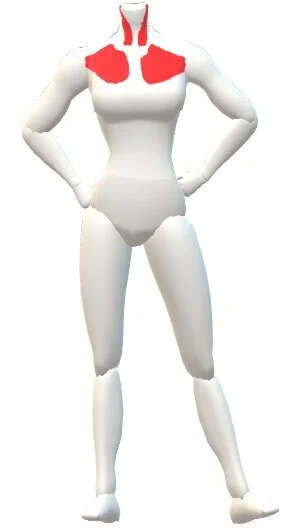Week 3: Arch and Curl
Standing Awareness
We start each practice with Standing Awareness; this practice will allow you to feel your posture. You can listen to the audio or just close your eyes and notice what you feel from your feet upwards. It will sound like:
“Stand normally, relax as much as possible, and don't try to have perfect posture. Let your arms hang by your sides, and close your eyes. Do a very slow internal scan of your body, focusing completely on your internal sensations. Start with your feet, and spend at least 5-10 seconds noticing how each part of your body feels as your scan moves upward, ending with your neck and head. Take as long as you want to do this body scan and do not rush it. Take the time to articulate to yourself what you are feeling; for example, “My weight is more on my right foot than my left” or “I feel like my left shoulder is higher than my right.”
Arch and Curl
The Arch -like in the prior Arch and Flatten-, helps to release the extensor muscles of the back, so this is great if you are feeling tension in your lower back. As in this Arch we interlace our hands behind the head, it also creates opening in the shoulder muscles.
The Curl will help to release our abdominal muscles and due to the elbow release it will also lengthen the pectoral and neck muscles. This practice is great for people with hunched (rounded) shoulders and forward head position.
Good For
Lower back tightness and pain
Hyperkyphosis/Rounded shoulders
Forward head posture
Neck tightness and pain
Headaches
Shallow breathing
Red Light Reflex
ANATOMY
Arching:
Contraction of back muscles;
Erector spinae group
Transverospinalis group
Intertransversarii
Interspinalis
Quadratus lumborum
Latissimus Dorsi
Iliopsoas
Curling:
Pressing the lower back down into the floor;
Transverse abdominis
Lifting head and shoulders;
rectus abdominis
internal and external obliques
Tucking your chin;
Sternocleidomastoid
Anterior Scalene
Longus capitus
Longus colli
Pulling shoulders and elbows forward;
Pectoralis major and minor



